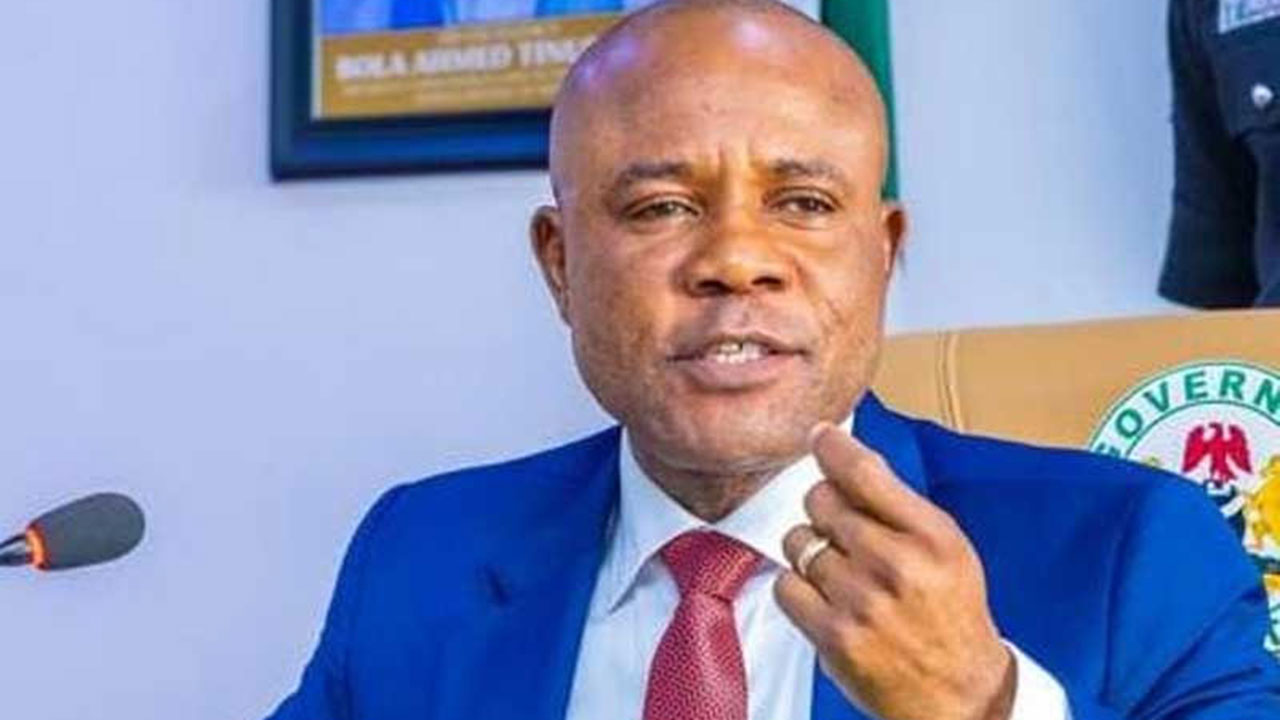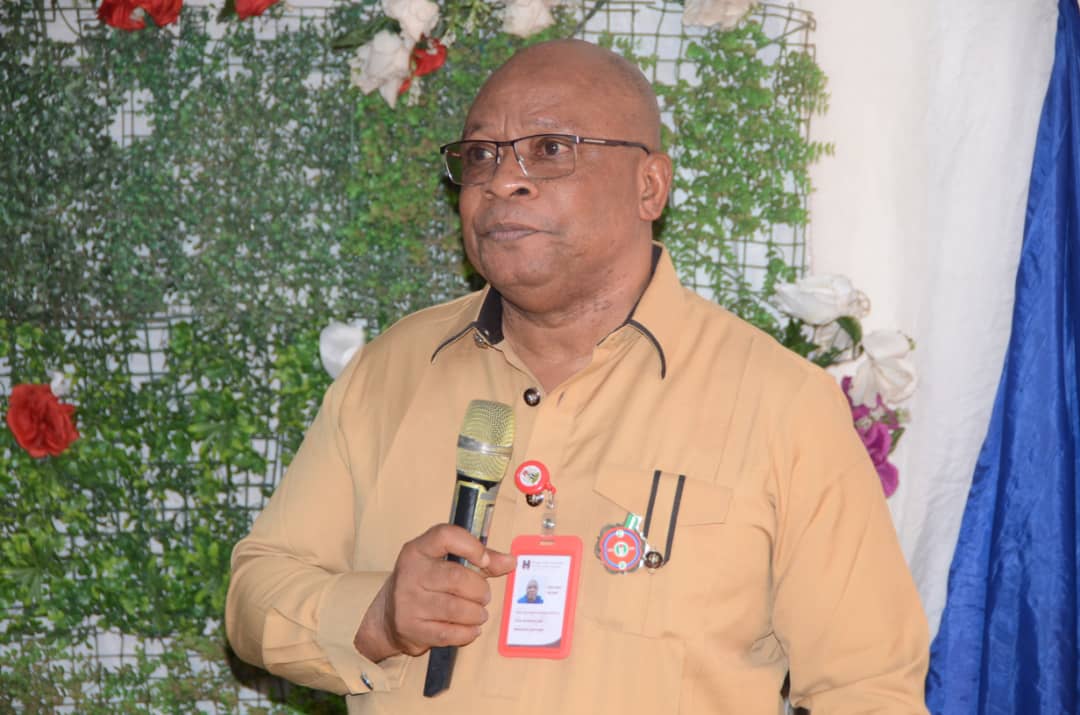A Motivated Workforce as a Driver of Economic Growth
The Governor of Enugu State, Dr. Peter Mbah, has approved a new minimum wage of N80,000 for the state’s workforce, including local government workers and primary school teachers, effective October 2024. This decision aligns with his administration’s vision of growing the state’s economy from $4.4 billion to $30 billion, emphasizing the direct link between a motivated workforce and sustainable economic development.
The new minimum wage covers all state employees, marking an unprecedented move in Enugu’s history, where workers will now earn above the national minimum wage. Mbah announced this decision on Thursday after a meeting with the Enugu State Minimum Wage Implementation Committee, headed by the Head of Service, Kenneth Ugwu, and labor leaders, including representatives from the Nigeria Labour Congress (NLC) and Trade Union Congress (TUC).
Mbah stated, “Few weeks ago, I inaugurated a committee with the responsibility to oversee the implementation of the New National Minimum Wage in Enugu State. Today, I’m happy to announce a new minimum wage for workers in Enugu State, reflecting our fidelity to their welfare, in regard of which we have been resolutely committed.”
He added, “We have approved the sum of N80,000 as the new minimum wage in Enugu State. This underscores our commitment to bequeathing lasting legacies of improved living conditions. Our commitment to improved workers’ welfare runs deep, rooted in the understanding that reducing poverty and achieving economic growth are contingent on the output of a motivated workforce.”
Reactions from Labour Unions and Local Government Leadership
Comrade Fabian Nwigbo, Chairman of the Enugu State chapter of the Nigeria Labour Congress (NLC), thanked Governor Mbah for prioritizing workers’ welfare. He described the new minimum wage as “a great one for Enugu workers.” Nwigbo noted, “In the past, when minimum wage announcements were made, it took up to one or two years for anything to happen; and when it did, we accepted whatever they gave us. But today, you have even given us something much higher than the national minimum wage.”
Nwigbo highlighted the governor’s consistent support for workers, saying, “When other governors were paying N12,000 wage awards, you paid us N25,000. When others paid for some months and stopped, you continued paying until the new minimum wage was announced. We have enjoyed wage awards for 11 months, and now you’ve announced the first-of-its-kind minimum wage in Enugu’s history.”
Comrade Ben Asogwa, Chairman of the Enugu State chapter of the Trade Union Congress (TUC), expressed joy over the governor’s gesture. He emphasized, “This is the first time in history we are seeing the implementation of a minimum wage above the federally approved amount. Despite Enugu State not being among the oil-rich states, His Excellency has surprised us all with this bold step. He understands the impact of motivation on productivity and has set a high bar for future administrations.”
Hon. Okechukwu Edeh, Chairman of the Association of Local Government Workers (ALGON) in Enugu State, pledged the cooperation of council chairmen in implementing the new minimum wage. “When you motivate workers, they become more productive. What I am promising on behalf of the Enugu ALGON family is that we are going to cascade the new minimum wage to the local government level. Implementation begins immediately,” he said.
This historic increase in wages reflects Governor Mbah’s dedication to improving the living standards of Enugu residents and fostering economic growth through workforce empowerment. By ensuring that the new minimum wage applies uniformly across all levels of government, including local councils, the administration aims to eliminate disparities and create a fairer economic environment.
With this landmark decision, Governor Peter Mbah sets a benchmark for worker welfare in Nigeria, demonstrating that even non-oil-producing states can prioritize their workforce while pursuing ambitious economic targets. The ripple effects of this policy could inspire similar moves across the country, enhancing productivity and reducing poverty.




